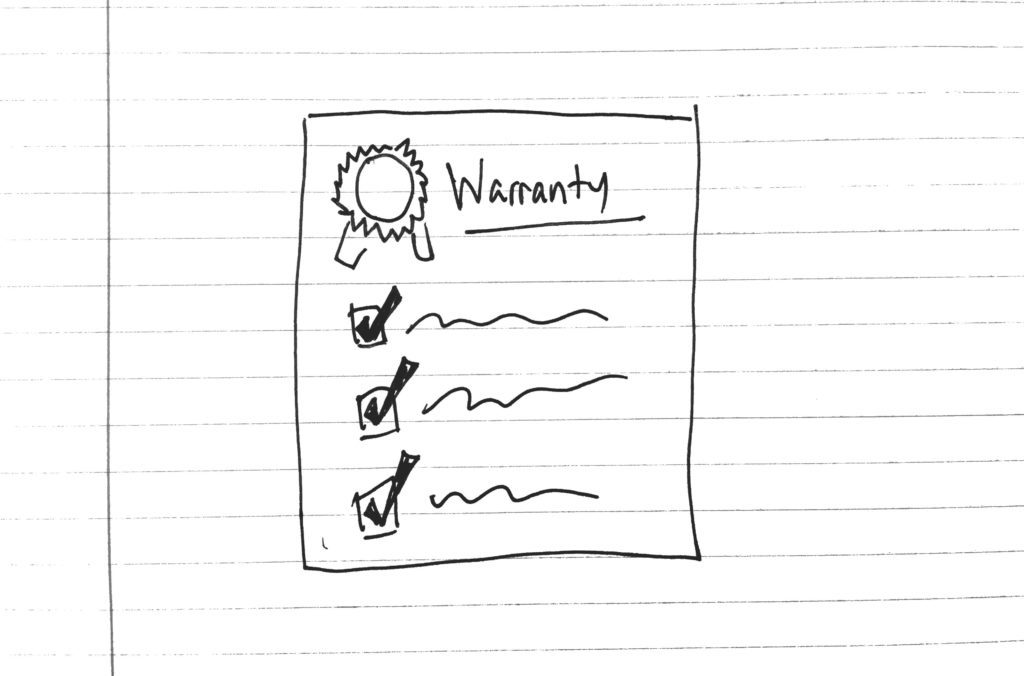Many dealers will sell you an extended warranty when you purchase a vehicle. There are some people who say to never buy such warranties because they are all basically scams. I definitely think that some warranty providers have terms in the contracts that are unfair, but there are two very important reasons why buying a warranty can be more important than you think:
1. When the dealer sells you an extended warranty, they cannot disclaim any implied warranties!
There is a federal law call the Magnusen-Moss Warranty Act (“Mag-Moss”). That law is designed to protect consumers from abusive conduct by warranty providers. One way this is done is by preserving implied warranties. The Federal Trade Commission (FTC) explains:
The Act prohibits anyone who offers a written warranty from disclaiming or modifying implied warranties. This means that no matter how broad or narrow your written warranty is, your customers always will receive the basic protection of the implied warranty of merchantability.
Businessperson’s Guide to Federal Warranty Law
This means that when you buy a warranty from the seller, the sale is not “as-is.” Instead, the sale includes a warranty that the good will be fit for the purposes for which it is generally used.
2. The warranty will give you additional opportunities to get out of the deal if things go bad.
As mentioned, sometime warranty providers have tactics that they employ to evade providing warranty services. For example, they may make you pay for any tear down costs (which can be substantial) and then have an adjuster conclude that there is some reason the claim is not covered.
If your vehicle will not be repaired, there are a few laws that may benefit you. First, is the Uniform Commercial Code (the UCC). Under that law, you actually may be able to revoke acceptance of the contract for the goods if there is a breach of the warranty obligations.
Second, the Idaho Consumer Protection Act (“ICPA”) (Idaho Code 48-601, et seq), states that a business must perform on their obligations with the promised time or a reasonable time. If your vehicle is not repaired seasonably, it is a violation of the ICPA and you may have the right to elect to either void the contract or seek damages (Idaho Code 48-608).
Third, the Mag-Moss Act gives you a private right of action to pursue damages. This law is sometimes referred to as the “federal lemon law.” The bottom line is that this law gives you rights when the warranty provider fails to honor the warranty or to follow other provision of the Act.
The ICPA and Mag-Moss Act also state that a consumer who prevails on a claim is entitled to recover reasonable attorney’s fees and costs from the violating party.
What this means for you
Each of the above claims can be complicated and highly technical to apply to your case. Many attorneys and judges are not generally aware of these laws and how they apply to your car issues. These laws are not really taught in law school. Likewise, dealers tend to think that every sale is “as-is”–even when that is not the case. Like many attorneys, they just don’t understand the law.
For this reason, it is always best to try to reasonably resolve the issues with the dealer before going the legal route. You should be willing to compromise. If it is not possible to reach a reasonable compromise, you may want to have your situation reviewed by an attorney who is familiar with these laws.

